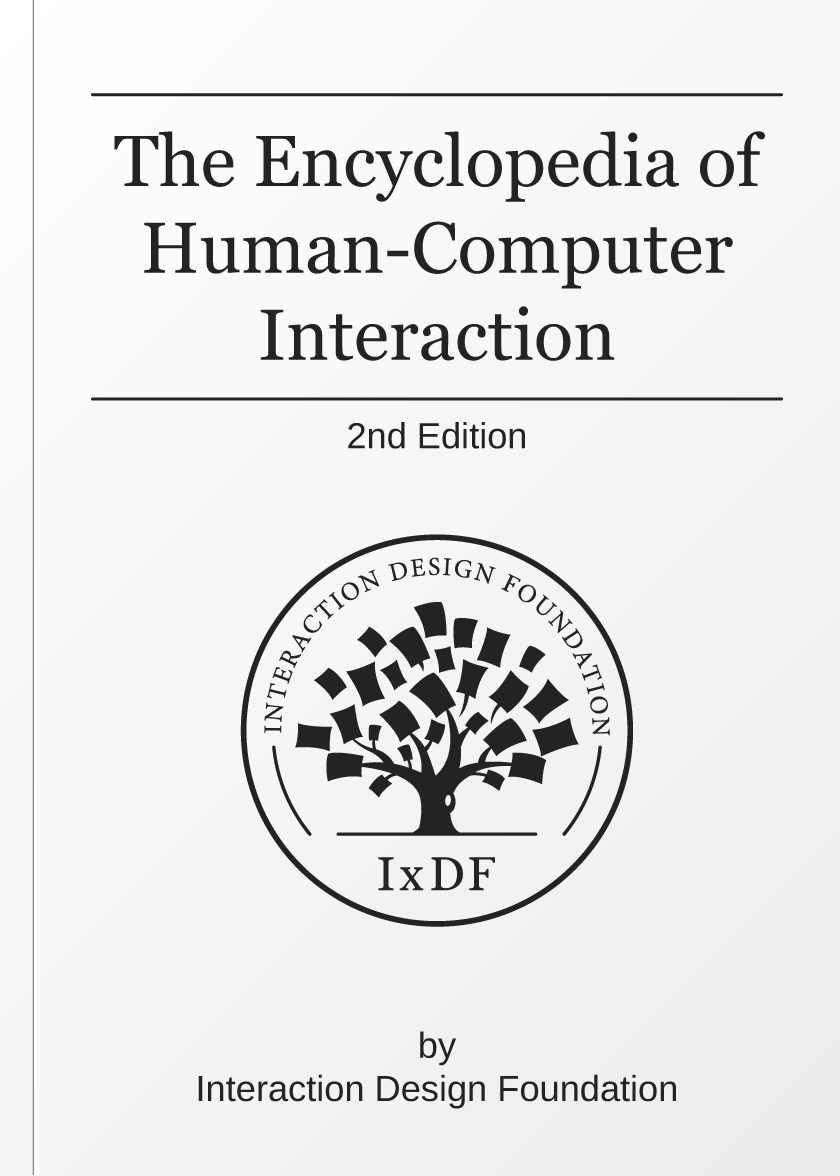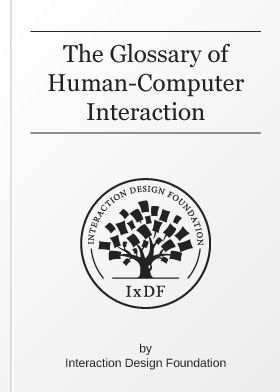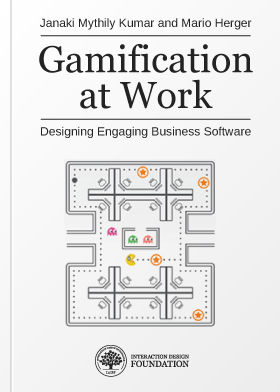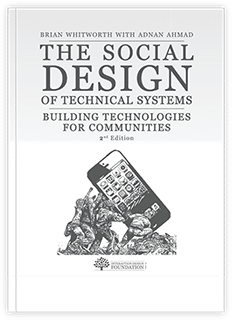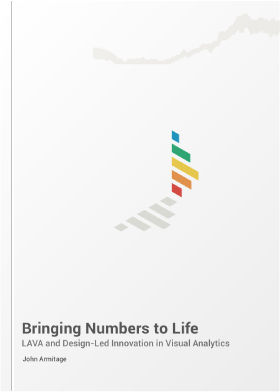Dr Hatice Gunes is a Lecturer (Assistant Professor) at the School of Electronic Engineering and Computer Science, Queen Mary University of London (QMUL), UK. She received her Ph.D. degree in Computer Science from University of Technology Sydney (UTS), Australia, in September 2007 for her multi-cue and multi-sensory approach to automatic recognition of emotions from face-and-body expressions, and their timing and synchronicity. Prior to joining QMUL, she was a postdoctoral researcher at Imperial College London, UK working on SEMAINE, an EU-FP7 award winning project that aimed to build a multimodal dialogue system which can interact with humans via a virtual character and react appropriately to the user's non-verbal behaviour, and MAHNOB that aimed at multimodal analysis of human naturalistic nonverbal behaviour. Her research interests lie in the areas of affective computing, visual information processing, and machine learning, focusing particularly on emotional data acquisition and annotation, automatic affective behaviour analysis and continuous prediction, multicue and multimodal emotion recognition. Dr Gunes has published more than 50 technical papers in these areas, and has also served as a Guest Editor of Special Issues in Image and Vision Computing Journal and the Int'l Journal of Synthetic Emotions, a member of the Editorial Advisory Board for the Affective Computing and Interaction Book (IGI Global, 2011), as an invited speaker at the Int'l Workshop on Social Signal Processing (WSSP 2011) and the Summer School on Affective Computing and Social Signal Processing (ACSSP 2010), and as a reviewer for numerous journals and conferences in these fields. From 2004 to 2007, she was a recipient of the Australian Government International Postgraduate Research Scholarship (IPRS) awarded to top quality international postgraduate students. Dr Gunes, together with co-authors, has also received a number of other awards for Outstanding Paper (IEEE FG 2011), Quality Reviewer (IEEE ICME 2011), Best Demo (IEEE ACII 2009), and Best Student Paper (VisHCI 2006). She is a member of the IEEE, the ACM, and the HUMAINE Association.
